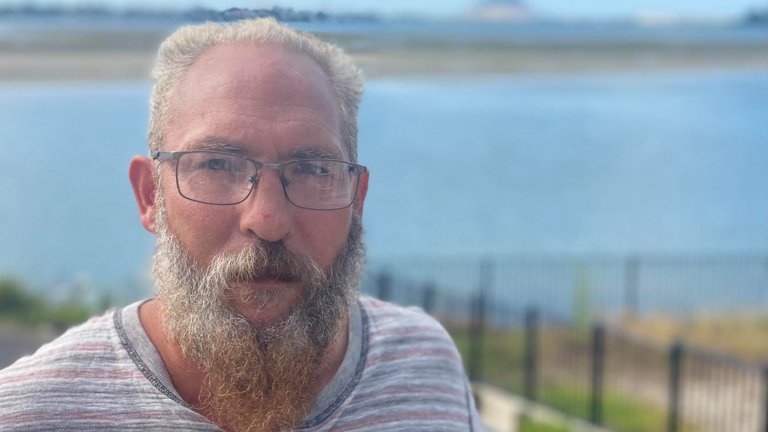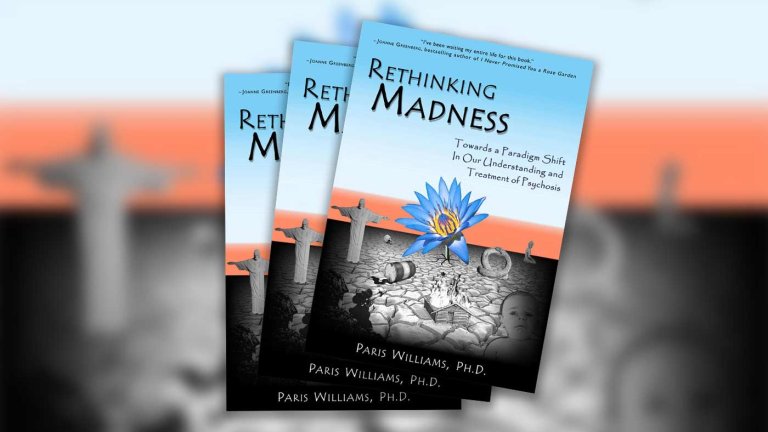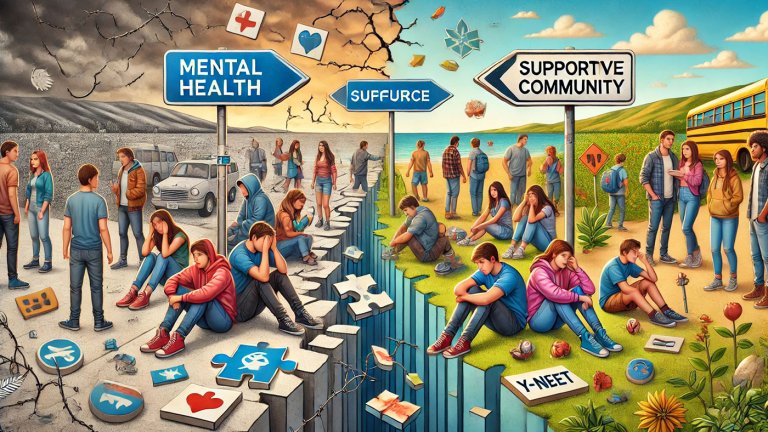Breaking Point: The Mental Health Crisis of Kiwi Firefighters
Why are the firefighters striking? In 2013 a memorandum of understanding was signed between FENZ and St John meaning firefighters were ordered to act as co-responders to ambulance call-outs. This has meant that since 2013 our firemen and women now attend all stabbings, shootings, drownings, suicides, cot deaths, choking and more. This has resulted in a 1000% increase in call-outs for firefighters.
No mental health resilience training was ever introduced when the extra workload came, however. No firefighter was given training on how to console a grieving mother in the incidence of cot death. The counselling service firefighters currently have available is on a self-referral basis and has what's referred to by unionists as an “invisible cap” meaning only 3 sessions are allowed before firefighters are ushered back to work. Any decent counsellor will tell you this is not nearly enough time to unpack the trauma faced by men and women working in the fire service day to day. The secretary of the Union refers to the counselling service as unfit for purpose.
For Firemen like Brendan Dunn of the Tauranga Fire Brigade, the extra workload and exposure to some of life's most unspeakable tragedies takes a toll. Brendan's candidness and openness about his experiences to us revealed the real pressures of working in a job which led him to depression, anxiety and even suicidal ideation. In a tragic coincidence, Brendan and I share a friend, another fireman, Haydn. Haydn and Brendan completed firefighter training together in 2009. For Haydn, along with two other colleagues of Brendan's the stresses were evidently too great and all three have sadly died by suicide one after another in recent years.

As the firefighters union NZPFU continue to fight for things like mental health resilience training, (the same which ambulance staff undergo) Fire and Emergency New Zealand continue to post end-of-year reports showing a 60 million dollars surplus. If there is a 60 million dollar surplus why aren't firefighters being supported to do their jobs as best they can? FENZ if they wanted to, could put every professional and volunteer firefighter in New Zealand through a mental health first aid course and still operate on a 55 million dollar surplus. It could even go further and spend another 20 million by putting every firefighter through 4 months of counselling with an organisation like Betterhelp and still leave a 30 million dollar surplus.
The problems aren't just specific to mental health however, some brigades are working with equipment which hasn't been renewed in over a decade leading to regular breakages of essential equipment.
Contrary to what one might think, Brendan's attitude to all of this is not one of despair and he's not one to let frustration get the better of him. Instead of being bitter at his truck not starting for example, he focuses on how he can better his interpersonal skills to let those at the call-out know why he's late. He carries out his duty without blame or resentment directed at anyone. His view is that his suffering has made him stronger. That's really the only constructive way to look at adversity. I take my hat off to him.
Firefighters surely have to be some of the best people our society has to offer. Men and women willing to risk their lives in an effort to help others. It's a job they have a great passion for, obviously. Brendan tells me, because of exposure to smoke a fireman is 5 times more likely to get prostate cancer and yet still gets up and puts his uniform on each day. People like this have incentive from the noblest places a human heart and mind can draw inspiration. A genuine passion for helping others no matter what the cost. What's not to admire about that?
It should be simple. These men and women need certain tools to do their job and they are going without. That's all it boils down to. We wouldn't expect a builder to work without tools. We wouldn't expect an accountant to work without having basic numerical skills.
Since 2013 the job for firefighters has changed and changed radically. It's only reasonable that their training and support change in fitting with their duties... isn't it?
To show our gratitude, Kiwis For Good welcomes all professional and volunteer Kiwi Firefighters to use our free counselling service until such time disputes between NZPFU and FENZ are resolved.
You can support our firefighters today by sharing this article with your friends and family and signing our petition below.
Petition of Kiwis For Good: Help our firefighters resolve disputes - New Zealand Parliament (www.parliament.nz)






